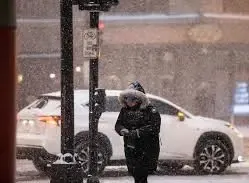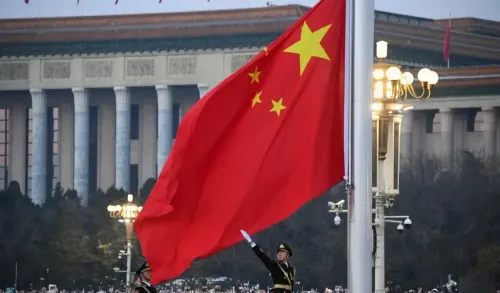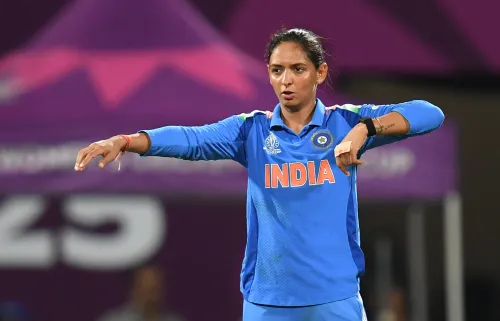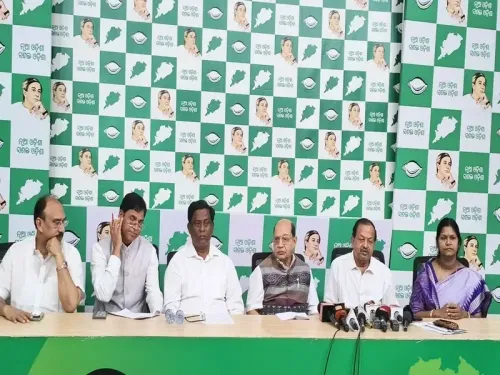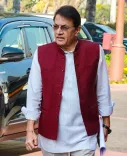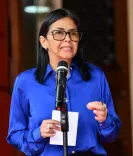Why Did the SC Refuse to Entertain the Plea Against Telangana's 42% BC Quota?
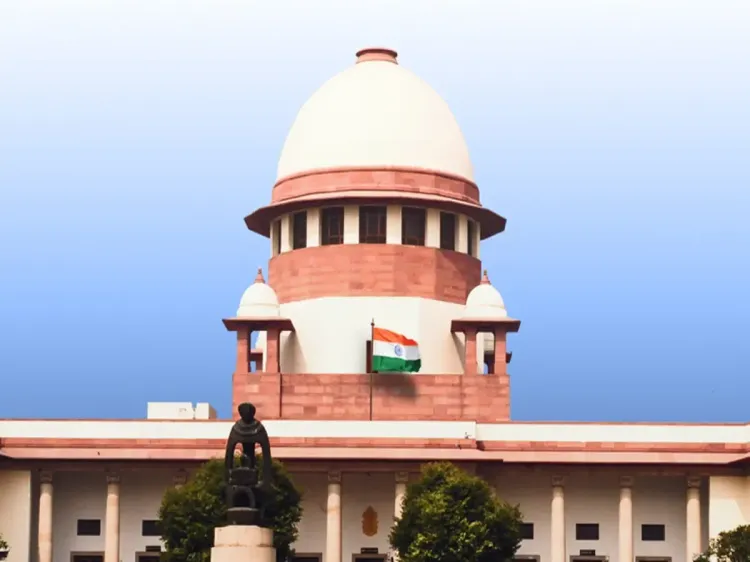
Synopsis
Key Takeaways
- The Supreme Court declined to hear the plea against Telangana's BC quota.
- The reservation for Backward Classes was raised to 42%.
- Petitioners were advised to approach the Telangana High Court.
- The plea argued that the increase violates the 50% ceiling.
- The ruling highlights the need for adherence to constitutional limits on reservations.
New Delhi, Oct 6 (NationPress) The Supreme Court has declined to entertain a plea contesting a government directive from Telangana, which raised the reservation for Backward Classes (BCs) in local governance bodies to 42 percent.
A panel of Justices Vikram Nath and Sandeep Mehta questioned the petitioner regarding the decision to file a writ petition in the Supreme Court, particularly since the Telangana High Court is set to hear similar cases on Wednesday.
“If the Telangana High Court doesn’t issue a stay, will you come here under Article 32?” remarked the Justice Nath-led panel.
Recognizing the apex court's reluctance to consider the plea, the petitioner's representatives requested permission to withdraw the writ petition, allowing them to seek recourse in the Telangana High Court.
The petitioner's counsel indicated, upon receiving instructions, that he wished to withdraw the petition under Article 32, leaving the door open for the petitioner to approach the appropriate High Court for necessary reliefs. The petition was subsequently dismissed with the requested liberty,” stated the Justice Nath-led panel.
The petition, submitted by advocate Somiran Sharma under Article 32 of the Constitution, argued that the decision violated the 50 percent ceiling established by earlier Apex Court rulings regarding reservations in local bodies.
The challenge focused on G.O. Ms. No. 09 dated September 26, asserting that the current quotas for SC and ST at 15 percent and 10 percent, respectively, result in a total reservation exceeding 67 percent. It highlighted that Section 285A of the Telangana Panchayat Raj Act, 2018, clearly enshrines the 50 percent ceiling in accordance with the ruling in the K. Krishna Murthy v. Union of India case.
“In spite of this legal restriction, the Respondent State is attempting to enforce the contested Government Order, thereby operating outside the bounds of the Constitution and the statute,” the petition asserted.
The plea claimed that the Telangana government did not meet the “triple test” set by the Supreme Court, which requires that any OBC reservation in local bodies must be prefaced by a dedicated Commission conducting a thorough empirical investigation; specifying local body-wise reservations based on that data; and ensuring that the total reservation for SCs, STs, and OBCs does not exceed 50 percent.
It also challenged the rationale behind the state government’s decision, noting that the increase was based on “a one-man commission report” that “was neither publicly disclosed nor debated in the Legislature, nor does it fulfill the criteria for a comprehensive contemporaneous empirical study.”
The plea stated, “The Telangana government's reliance on Articles 243D(6) and 243T(6) of the Constitution is fundamentally misguided. While those provisions empower the state legislature to establish reservations for Backward Classes in local governance, this enabling power is constrained by constitutional limitations, including the judicially imposed 50 percent ceiling.”


